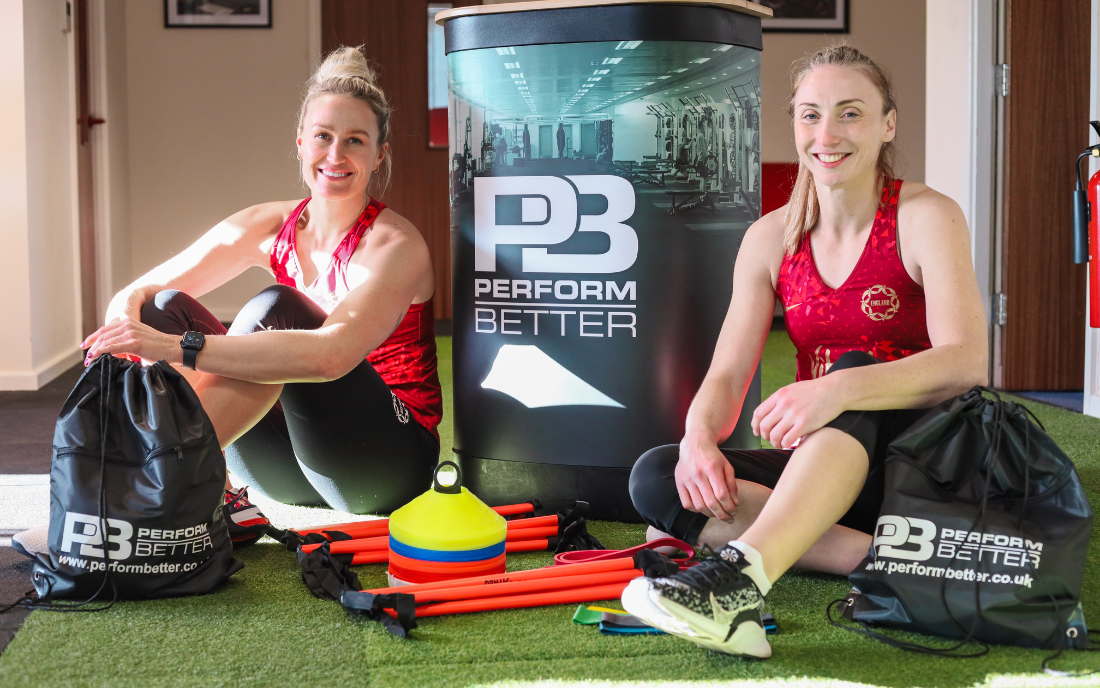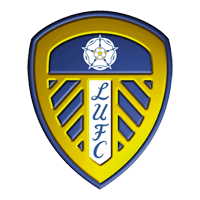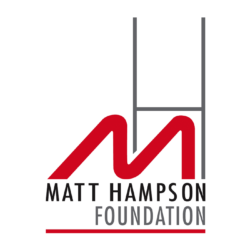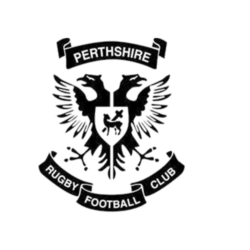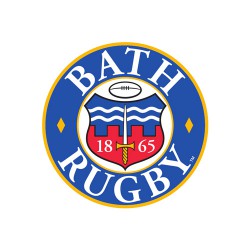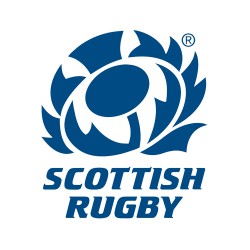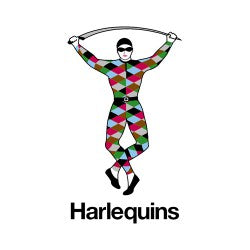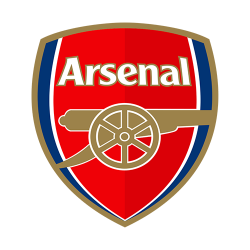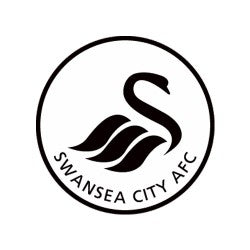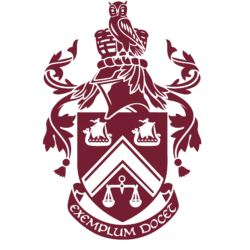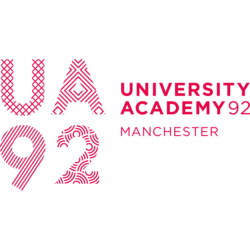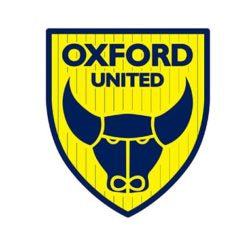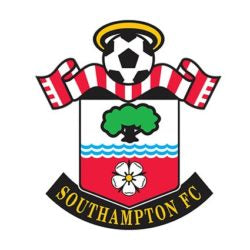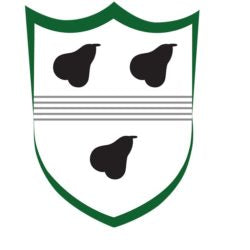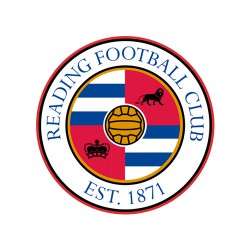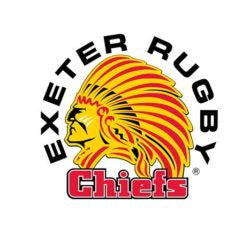Selected for this year's Netball World Cup, England's gold medalist superstars, Chelsea Pitman and Jade Clarke, talk candidly about their insatiable hunger for victory, saying, "We are not just players; we are hungry, voracious netballers with eyes set on that gold medal.
They give us an elite players perspective on the importance of culture, how they experienced success in England’s national team, and the role sports science plays in that success.
They also open up about their individual journeys to international glory, and their experience working with Perform Better.
“Every Single Year, The Competition Is Getting More Elite”- Chelsea Pitman
How did you get started with Netball?
I got involved with netball when I was 10, I had played in the Rugby league because I wanted to be like my brother and play with the boys. But I remember a teacher in my primary school asking me if I would give female sports a go and try netball.
For the winter session at school, and I said, yeah, sure, why not? And then fell in love with the game and haven't looked back since.
What was your journey to England Netball?
My dad's English, so that's how I'm eligible to play for England.
I came over here in 2015 and played for Manchester Thunder. I had previously represented Australia and because of the rules, to play for another country, you have to sit out for four years. I however wasn't selected for a few years with Australia and fell out of love with the game.
So I came over here to try and find that passion again. And I did.
It was probably the best decision I've ever made. It's something that I feel so proud to say that I play for England and the pride I feel every time I get selected. I feel like I'm at home because the girls welcome me with open arms. We've got a weird, eclectic bunch and I slotted right in because I'm a bit of a weirdo myself.
Tell us about the culture within England Netball?
The beauty about roses is that we are unique.
We have such passion, but we also enjoy what we do and we want to have fulfillment from doing it. If we don't have the fun with what we do, we don't see success.
It's all about finding little things that give you joy. For instance, while on tour we have a hero and loser award we give out during dinner.
We use the hero award to celebrate little achievements, like when two of the girls got a mortgage on a new house, we used the hero award to celebrate their achievement. We use the loser award to add in a bit of fun by teasing each other about little mistakes. Things like going to the wrong venue.
I look at culture like it's your savings account. You put in little bits along the way, and create this environment that when things are tough, you have enough in the bank to get you through, and weather the storm.
How do you balance work and fun?
We definitely have the fun side of it down, but when we're at training, we understand that we've got a job to do and we need to be at an intensity that's gonna be compared to what we will come up against internationally.
It's about finding the balance of here's the fun, maybe the fun's in the warmup, but then as soon as it's time to begin training, we're there for business and we want to walk off that court being that little bit better.
How do you overcome challenges as an athlete ?
It's about being realistic with where you are personally, and where the team is as well.
There's times where the inner sanctum (the team) will understand where we're going, the vision, why things are getting done, or why combinations are being played but then there's outside noise that will be questioning you. Having their own opinion, thinking what, what's going on? But it's because they aren't aware of why we are doing things.
You have to block that out.
So if things are not positive or you are personally not at your best, the outside noise will only make it worse.
It's all about building that resilience. You're not always gonna be perfect, and actually the perfect game doesn't exist. It's just aiming for that and making sure that if you're in a lull, you do your video analysis, you do your one percent, but you don't overthink things because you got here for a reason.
So put the work in.
And then hopefully the next time you step out there, you get the flow back, you get the confidence back, and you just do what you do best.
What path do you recommend to become an athlete?
My biggest bit of advice is… You don't know who's watching you and when, so if you're playing a club game or you think no one's watching, you just don't know.
Make sure that you turn up, you play well, you train hard, you have a good work ethic, and you have a good presence about yourself.
Be okay with asking a coach questions like, ‘this is my dream. How do I go about it?’ And if they don't know, they will hopefully ask someone who will help you get there, because you never know what's gonna happen.
It's hard work, but it's worth it.
How has sport science influenced your career?
I think as netball has grown as a sport, every single year, the competition is getting more elite. And I mean that in the strength of what the girls are putting out there, their fitness levels.
Everything is getting to a point where if you don't have a good relationship with your Strength & Conditioning coach, working one-on-one with them, and making sure you're doing everything possible for your body to be robust enough to withstand the demands of this sport…
You're gonna get injured or you're just gonna get left behind.
So for me, Strength & Conditioning is just as important as my skills on court.
It's just about making sure that there's a process, there's a purpose, and trusting whoever's setting it out for you has a reason for it.
You need to do it to be the best.
Tell us about Perform Better?
Perform Better is really good.
When we're on tour, we move around from hotel to hotel, and sometimes the hotel’s facilities are not what's best for us to be able to train as a team. Perform better is amazing at coming out to our hotel and making sure that we have our own elite facilities to help us prepare for every game.
Because we're on tour, we want to lock it down. We want to make sure that we don't have any outside noise as well as health concerns from the public. We want to be able to train so we can deliver our best, and Perform Better provides us with the opportunity to do that wherever we go.
They also went the extra mile by kitting out our homes with high end equipment so we have no excuses to not be able to get an extra session of our training in.
All those little things are really, really important for us, because it's a World Cup year. We want to be at our absolute prime.
What are the aspirations for the team going forward?
Right now, making sure that we focus on our club level game, but also making sure that we're still connected as Roses.
For me personally, it is to make sure that I'm at my physical and tactical best. I have to put my best foot forward to be selected.
As a team, we want to win. We're not going to the World Cup just to compete. We are hungry, hungry Netballers that want that gold medal.
“We Were So Far Away, Especially When We First Started Losing By 40 Goals”- Jade Clarke
How did you get started with Netball?
I started netball when I was nine. My mum was great at giving me opportunities to explore my options.
She got me into so many different sports, but netball was always the one I loved the most. I just found it really aggressive and fast, and I loved that it was a team sport.
I joined a club outside of school. A lady called Jean Lee, my first netball coach, created a netball club in Moss Side, in Manchester. After playing with them, I moved on to play for Oldham when I was a bit older.
I continued to move through the ranks and got an England trial when I was 15 for the younger teams. I’ve been playing ever since.
What did you learn from your early Netball clubs?
Oldham Netball Club was run by Mike Greenwood. He was an ex army man, so he really instilled loads of discipline in me. He was also big on fitness, had us training all the time.
I think that really instilled in me that you got to. Practice more than your opponent. You've gotta be professional in everything you do.
He always would say things like, ‘netball and boys don't mix’ or ‘don't come to training Scruffy’. All these little sayings that you remember moving forward. We just had great memories of creating a club from scratch, going through the ranks and trying to climb up to the premier leagues.
How did that experience help your career?
The team culture and being part of something bigger than yourself.
The success of the club was always at the forefront, and I think I've taken it into my England career. It's not about you. It is about the team. You've gotta put your own feelings aside sometimes and be there for the team and keep driving the team forward.
What do you love about being part of the team?
It is just a nice feeling when you're not focused on yourself and you're focused on helping others.
I like when young people come into the team, and you're helping them to strive for better. Even if it's someone you're competing with, if you're both helping each other be better, It's a great feeling.
It's about when I leave the roses, I want to leave it in a better place.
How are England Netball performing?
It's been a rollercoaster. In 2018, we got our gold medal for the first time and it was a huge experience.
It's something that was always on my mind. As soon as I got in the team at 18, I wanted a gold medal. But we were so far away, especially when we first started losing by 40 goals to Australia, New Zealand, but overtime we slowly started getting close in terms of performance to these teams.
But since then it's been so different. We're not the underdogs anymore. Dealing with that pressure and being expected to win and back up the commonwealth games with a World Cup, was just an amazing experience in 2019. We've really come a long way from those days.
We've had wins and losses, but it's just so amazing to see world netball become so much closer. Especially with the top five teams in the world, you just don't know who's gonna win on any given day, which is an amazing place to be.
What was the secret to your team’s success?
For me, one of the biggest things is the culture.
I remember we did a lot of work before that gold medal on why we were there and being able to share those experiences. We focused on having fun, it's not about the old school way of thinking that you just have to punish yourself all the time.
When we lost a game in our prep for the 2019 World Cup, the next day, instead of isolating each other and not talking about it, we all went on a boat trip and just spent the day together. We made sure to keep our connection strong.
Sometimes thinking outside the box and having those moments is what brings a team together.
How do you personally deal with failure?
I think I've definitely changed a lot since I was younger. I used to overthink it. I'd feel terrible for days after a loss.
I think I still feel terrible, but experience shows you that one game doesn't make or break you, and you've just gotta have this deep confidence in yourself. It's gotta come from yourself.
Yes, there are lots of people that have confidence in me and support me, but at the end of the day, I'm responsible for me. If I had a bad game, I'm gonna get myself out of it. And there's always people that help and people you can draw experiences from.
However, it's really important to be comfortable asking for help and being okay with being vulnerable. Don't be afraid to ask yourself ‘what do I need?’ and finding people to help you.
Did you always have this mindset?
I think there's some aspects that I've always had since I was little.
My mum instilled in me that, you've got to be a go-getter, you've gotta create your own opportunity.
On a personal level, I've always been self independent and not wanting to bother other people. But I think that side of allowing others to help has really developed. People want to help you, people want to be bothered, and it's okay to say what you need and ask others for help.
What role did your parents and coaches play in your success?
My mum has always been my biggest champion, if I ring her after a game, she was always there to give me a pep talk.
My family isn't really there to give me critiques on my game, they have always been there to support me, and remind me that I'm more than a netballer. So, if something goes wrong with netball, I'm not Jade the Netballer, I'm Jade the person, and I've got a lot more going on in my life.
Your coaches are a lot different, and I just love the variety of coaches, like from Mike Greenwood, who instilled so much discipline, to more supportive coaches that form friendships off the court as well. I just think there's always something to gain from everyone.
What role does sport performance play in your career?
It played a massive part.
Before I got on the squad at 18, I hadn't done any Strength & Conditioning, I'd never done a weight session.
So, it was a real eye opener and I loved how professional it was.
I've always loved that side of it and I've always had a good relationship with my Strength & Conditioning coaches. I think it's so important.
I got a couple of injuries in my early twenties and now looking back, I'm kind of thankful I got those injuries because of the physiotherapy I did for them. What the physios did for me just set me up for life.
I haven't had many injuries since then but I think that's the main thing in the sport that's become so much more professional.
Tell us about Perform Better
My relationship with Perform Better has been absolutely amazing.
I first came across Perform Better during lockdown when they delivered equipment to all team members’ houses. Everyone needed something to do, something to focus on and we were really worried about what's going to happen to our performance, and Perform Better really saved us.
Being able to do our regular weight sessions in our gardens, in our living rooms, it was a massive help, having that personal relationship with Perform Better has been amazing.
Since then they've just been a massive part of our lives, especially when we go on tour.
It's been a huge support, and we've got our own Wattbike at home now from Perform Better so we can have that accessibility to train whenever we want. They've been brilliant partners for us. They gave us that edge during lockdown because our season got canceled.
Having that support so we could keep our base fitness levels up and still be able to push on with our training, even when we couldn't get our hands on the netball and be a team was so important.
What advice would you give to young girls that want a career in sport?
I think for young people who want a career in sport, It's about finding what you're passionate about and when you know that, you'll want to do the extras.
The big thing for me was practicing more than other people, and doing the extras. But it never felt like work because I was doing what I loved, like getting a netball and throwing it against the wall, and doing the extra training and now I just love fitness.
I love getting on the bike and doing a fitness session, I love doing the extra rehab because it just gives you great endorphins.
So if you love a sport, get out there and practice it.
Find coaches that will really help you and find a group to train with because you just get so much more out of training with a group than training on your own, you just feel great afterwards.
How Perform Better Support The England Netball Roses.
As the official equipment supplier to England Netball, we provide top of the line equipment to the team. Whether that be for World Cups, Commonweath Games, Series or camps, we are always on hand. It’s not just the Roses team we support, we also work closely with the academy and pathway squads, superleague teams, premier league teams right down to grass route players.
We pride ourselves on the support we provide England Netball, giving the teams access to Sports Science, Strength equipment, Conditioning equipment, Recovery equipment and more. Helping to take England Netball to the next level in performance.
In support of this years Netball World Cup, we have provided all England Netball Roses players with a Wattbike along with strength equipment, not only allowing them to train independently, but also allowing the performance team to train the squad outside of camps. Along with a range of activation and recovery equipment for The Roses to take out to Cape Town.


